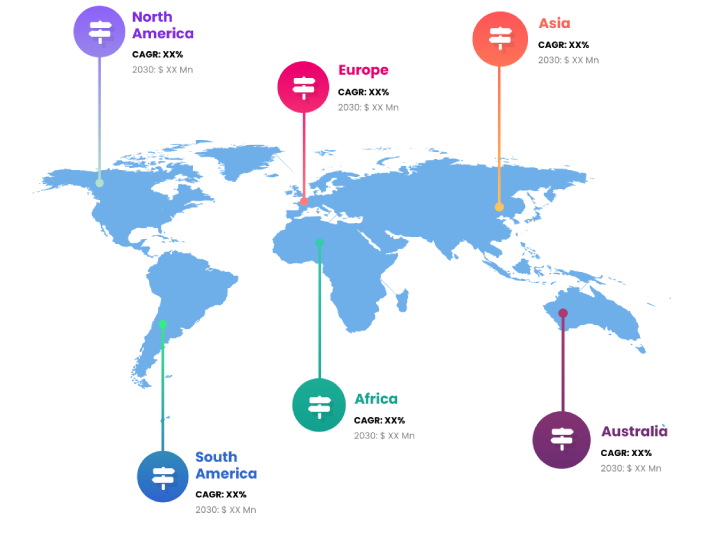A sort of specialist insurance called space insurance, also known as satellite insurance or space risk insurance, covers the likelihood associated with space-related activities like launch, in-orbit operations, and other stages of spacecraft or satellite missions. Because space missions include high costs, highly advanced equipment, and significant risks, space insurance is an essential component of governmental and corporate organizations that participate in space missions. As a safety net, insurance enables organizations to undertake perilous space missions with assurance.

Space insurance also promotes private sector involvement and investment, which is crucial as space commercialization picks up speed. A number of factors, such as the type of vehicle, intended mission, launch vehicle, prior performance of the operators, and current space-related parameters, affect the overall cost of space insurance premiums. Only a few insurers are active globally in the limited and highly specialized space insurance market. The space insurance business, which now offers coverage for developing industries including space exploration, space tourism, and asteroid extraction, is impacted by the sector's expansion and diversification.
Due in part to travel bans and labor shortages on-site, the COVID-19 pandemic caused some delays in satellite launches and manufacture, which in turn caused some delays in premium payments to insurers. There haven't yet been any discernible detrimental effects on the underwriting terms and conditions that insurers provide. The aviation insurance sector has been more severely impacted by COVID-19. The internal combining of the space and aviation premium and losses may have consequences for space underwriters in the future. Furthermore, many types of insurance, including space, would be impacted if overall business interruption claims brought on by COVID-19 reached a high level.
The expansion of the space insurance business has been influenced by a number of reasons, including an increase in space operations, commercialization of space, legislative restrictions, and technological developments. It is a field that is fast growing and requires a thorough understanding of actuarial research, risk management, and space technology. Due to increased commercialization, space exploration, satellite deployment, and other space-related projects, it is anticipated that the space insurance market would expand as the space industry develops and grows.
The demand for space insurance is rising as a result of the rise in both public and commercial space missions. As satellite launches increase and private companies enter the space industry, there is a rising demand for space insurance. In addition, advances in flight technology allow for missions with more complexity and difficulty. But as a result of these developments, there is now a greater need for specialized space insurance. The need for insurance protection for space tourists and the spacecraft designed for suborbital missions also creates an intriguing new market for space insurance as space tourism becomes a reality.
On the other side, the market for space insurance can be unstable, with periods of both increased and decreased demand. It may be difficult for insurers to continue making a profit given this uncertainty, which is brought on by the success or failure of space missions. Additionally, the number of insurers with the expertise and financial capacity to cover space risks is rather few. The growth of the space insurance business might be hampered by this constrained capability.
Report Coverage
Global Space Insurance research report categorizes the market for global based on various segments and regions, forecasts revenue growth, and analyzes trends in each submarket. Global Space Insurance report analyses the key growth drivers, opportunities, and challenges influencing the global market. Recent market developments and Space Insurance competitive strategies such as expansion, product launch and development, partnership, merger, and acquisition have been included to draw the competitive landscape in the market. The report strategically identifies and profiles the key Space Insurance market players and analyses their core competencies in each global market sub-segments.
| REPORT ATTRIBUTES | DETAILS |
|---|---|
| Study Period | 2017-2030 |
| Base Year | 2022 |
| Forecast Period | 2022-2030 |
| Historical Period | 2017-2021 |
| Unit | Value (USD Billion) |
| Key Companies Profiled | AXA XL, Swiss Re, SpaceCo, Lloyds of London, Marsh Inc., Allianz Global Corporate & Specialty (AGCS), Atrium Underwriting, AIG (American International Group), Zurich Insurance Group, Aon Space Insurance and other key venders. |
| Segments Covered | • By Product |
| Customization Scope | Free report customization (equivalent to up to 3 analyst working days) with purchase. Addition or alteration to country, regional & segment scope |
Key Points Covered in the Report
- Market Revenue of Space Insurance Market from 2021 to 2030.
- Market Forecast for Space Insurance Market from 2021 to 2030.
- Regional Market Share and Revenue from 2021 to 2030.
- Country Market share within region from 2021 to 2030.
- Key Type and Application Revenue and forecast.
- Company Market Share Analysis, Space Insurance competitive scenario, ranking, and detailed company
profiles. - Market driver, restraints, and detailed COVID-19 impact on Space Insurance
Market
Competitive Environment:
The research provides an accurate study of the major organisations and companies operating in the global Space Insurance market, along with a comparative evaluation based on their product portfolios, corporate summaries, geographic reach, business plans, Space Insurance market shares in specific segments, and SWOT analyses. A detailed analysis of the firms' recent news and developments, such as product development, inventions, joint ventures, partnerships, mergers and acquisitions, strategic alliances, and other activities, is also included in the study. This makes it possible to assess the level of market competition as a whole.
List of Major Market Participants
AXA XL, Swiss Re, SpaceCo, Lloyds of London, Marsh Inc., Allianz Global Corporate & Specialty (AGCS), Atrium Underwriting, AIG (American International Group), Zurich Insurance Group, Aon Space Insurance and other key venders.
Primary Target Market
- Market Players of Space Insurance
- Investors
- End-users
- Government Authorities
- Consulting And Research Firm
- Venture capitalists
- Third-party knowledge providers
- Value-Added Resellers (VARs)
Market Segment:
This study forecasts global, regional, and country revenue from 2019 to 2030. INFINITIVE DATA EXPERT has segmented the global Space Insurance market based on the below-mentioned segments:
Global Space Insurance Market, By Type
Manufacturing
Pre-launch
Launch
On-orbit
De-orbit
Others
Global Space Insurance market, By Application
Commercial
Scientific Research
Military
Satellite Communication
Earth Observation
Others
Global Space Insurance Market, By End User
Government
Private Companies
Non-Profit Organizations
Research Institutions
Others
Global Space Insurance market, Regional Analysis
- Europe: Germany, Uk, France, Italy, Spain, Russia, Rest of Europe
- The Asia Pacific: China,Japan,India,South Korea,Australia,Rest of Asia Pacific
- South America: Brazil, Argentina, Rest of South America
- Middle East & Africa: UAE, Saudi Arabia, Qatar, South Africa, Rest of Middle East & Africa
You will get in-depth and extensive space insurance market market research and competitor analysis for your business to help you develop more profound insights into the space insurance market Market.
Through INFINITIVE Data Expert is a professional Market Research services, I will identify the space insurance market market size, demand & opportunities, growth rate, and target audience with a comprehensive analysis of your competitors.



